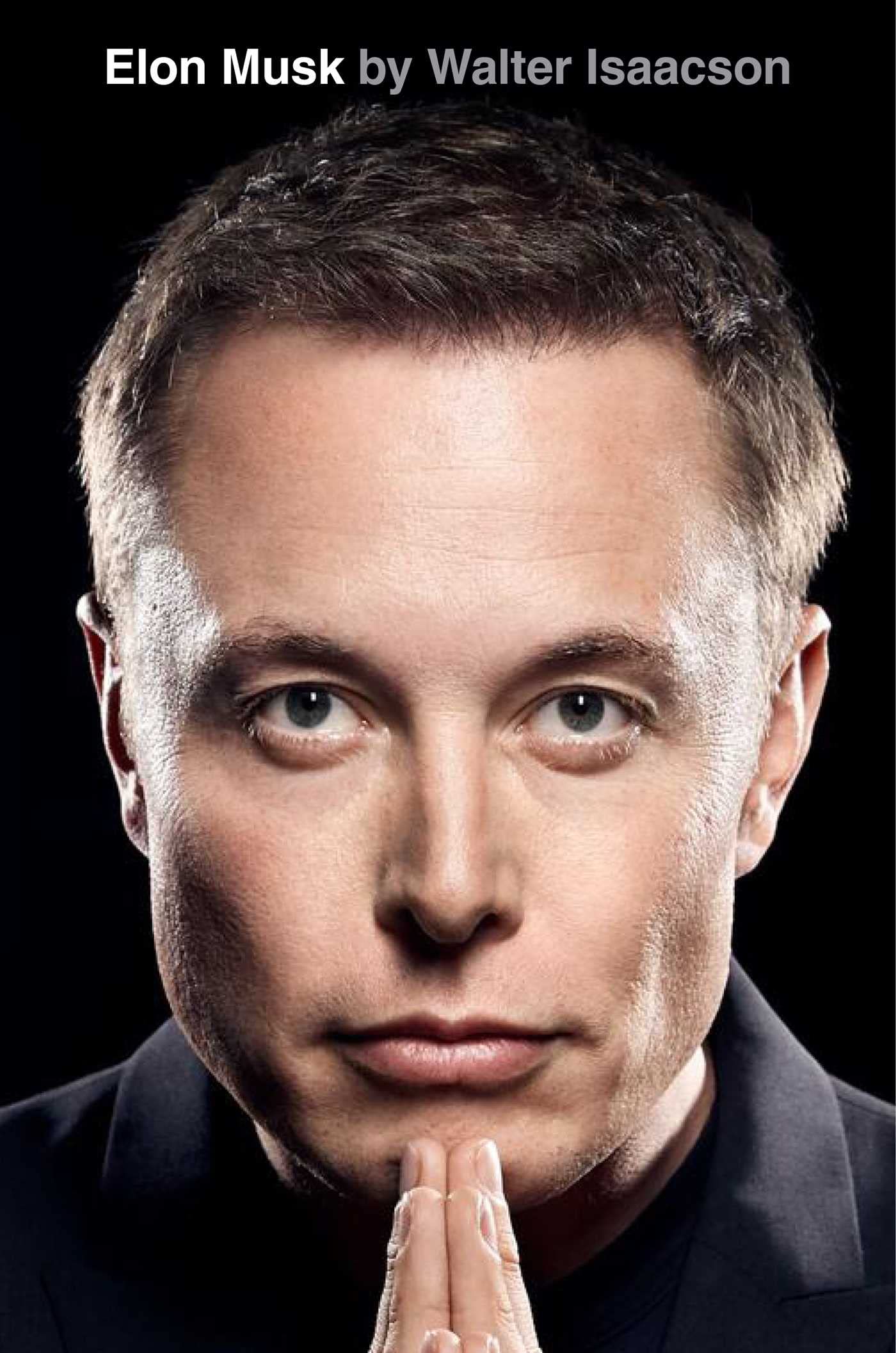13. The Coup
byThe Coup at PayPal in September 2000 was a defining moment in Elon Musk’s career, illustrating the sharp divide between his grand ambitions and the pragmatic concerns of his fellow executives. Since its inception, Musk had played an instrumental role in shaping PayPal—originally X.com—envisioning it as the foundation of a revolutionary financial services empire. However, his colleagues, including Max Levchin, Peter Thiel, Luke Nosek, David Sacks, and Reid Hoffman, increasingly felt that his leadership was pushing the company in a direction that jeopardized its immediate success. Their primary frustrations centered around Musk’s insistence on rebranding PayPal under the X.com name, which they believed diluted the company’s growing brand recognition, and his perceived lack of urgency in addressing rampant fraud on the platform.
While Levchin had been vocal about the need to implement stronger anti-fraud measures, Musk’s focus remained on big-picture innovation rather than the pressing operational issues that threatened the company’s stability. His leadership style—marked by rapid decision-making and a preference for ambitious long-term goals over immediate concerns—created mounting friction within PayPal’s executive team. Musk’s detractors felt that his approach, while visionary, lacked the strategic discipline necessary to ensure the company’s survival in the competitive online payments space. Behind closed doors, a consensus was forming: PayPal needed a change in leadership to protect its growing market share and prevent Musk’s more controversial decisions from derailing its progress.
The opportunity for a power shift arose when Musk left for a long-awaited honeymoon with Justine, his new wife, followed by a trip to the Sydney Olympics. Seeing his absence as the perfect moment to act, Thiel, Levchin, and other key figures moved quickly to secure support for a leadership change. They reached out to influential board members and stakeholders, making their case that Musk’s removal was essential for PayPal’s future. Their efforts culminated in an agreement for Thiel to step in as interim CEO, ensuring a smooth transition while Musk was still overseas. By the time Musk returned, the coup was already set in motion, leaving him with little room to maneuver.
Upon learning of the board’s decision, Musk attempted to reclaim his position, appealing to both the board and individual employees in an effort to reverse the vote. In a last-ditch effort, he arranged a lunch meeting with Reid Hoffman, hoping to sway him with a personal appeal. However, despite his efforts, the board remained firm in their stance, ultimately voting to remove him as CEO. Though visibly disappointed, Musk accepted the decision with surprising composure, recognizing that his colleagues genuinely believed their actions were in the company’s best interest. While he harbored long-term disagreements about the company’s trajectory, he chose not to engage in a public battle, instead shifting his focus toward his next ventures.
The PayPal coup underscored a fundamental divide in how Musk and his colleagues approached risk and long-term vision. While the PayPal team prioritized refining their product and securing a dominant market position, Musk had viewed the company as just the first step in a broader transformation of digital finance. His vision encompassed a future where PayPal would serve as the backbone of a financial super-app, handling everything from online transactions to personal banking and even stock trading. However, his ambitious roadmap clashed with the team’s more immediate concerns, ultimately leading to his ousting. In hindsight, both sides had merit—PayPal flourished under Thiel’s leadership, becoming one of the most successful online payment companies, while Musk’s instinct for disruptive innovation would later define his ventures in space exploration, electric vehicles, and artificial intelligence.
Despite the abrupt nature of his departure, Musk maintained connections with many of his former PayPal colleagues, who went on to become some of the most influential figures in Silicon Valley. This group, later dubbed the “PayPal Mafia,” included investors and entrepreneurs who would shape the future of technology, founding companies like LinkedIn, YouTube, Yelp, and Palantir. Though the coup could have been a bitter end, Musk saw it as an opportunity to redirect his energy toward even greater ambitions. His unfulfilled vision for X.com lingered in his mind for years, eventually resurfacing when he rebranded Twitter as “X,” reflecting his long-standing dream of creating an all-encompassing digital platform.
In retrospect, Musk’s departure from PayPal was not a failure but a necessary redirection. While the coup marked the end of his leadership in online payments, it freed him to pursue more groundbreaking endeavors—ventures that would later revolutionize space travel, automotive technology, and artificial intelligence. His willingness to embrace extreme risks and challenge industry norms, traits that had alienated him at PayPal, became the very foundation of his later successes. While his colleagues at PayPal believed they were steering the company toward stability, Musk was always looking at something bigger—a future far beyond digital payments, extending into space and beyond.


